Future 6G wireless networks will rely on quantum computers, but developing the technology and making it sustainable is complex.
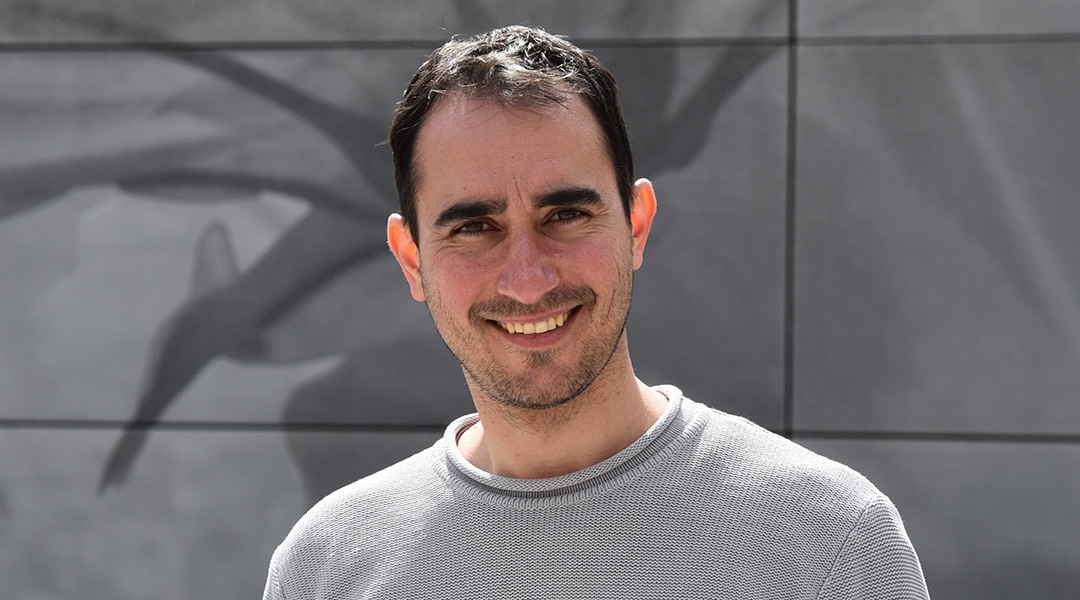


Future 6G wireless networks will rely on quantum computers, but developing the technology and making it sustainable is complex.
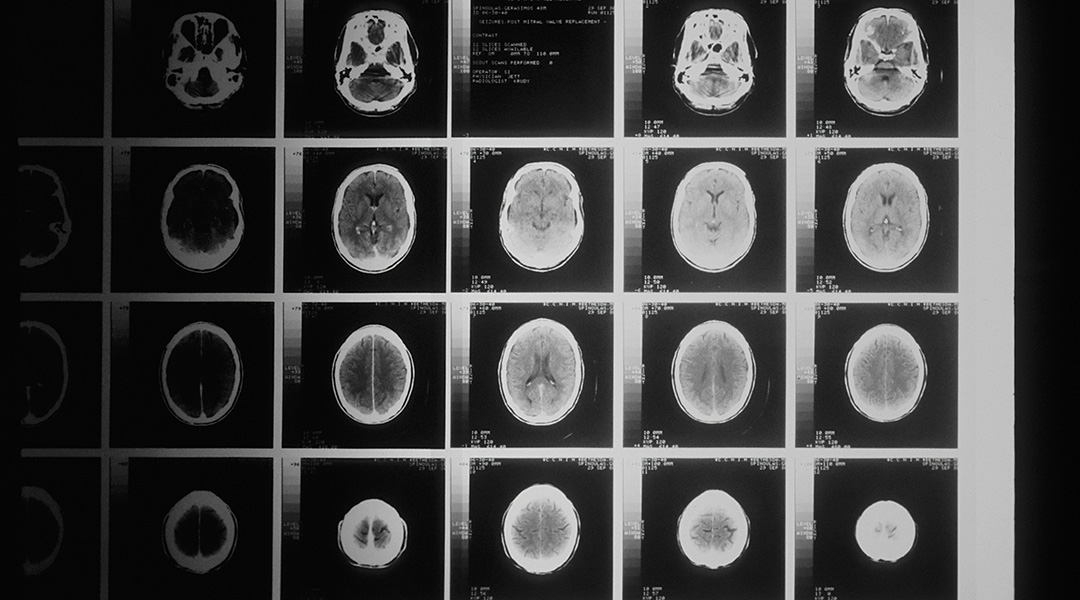
A neural network was able to evaluate connections between brain structure and clinical data to predict psychiatric disorders in youth.
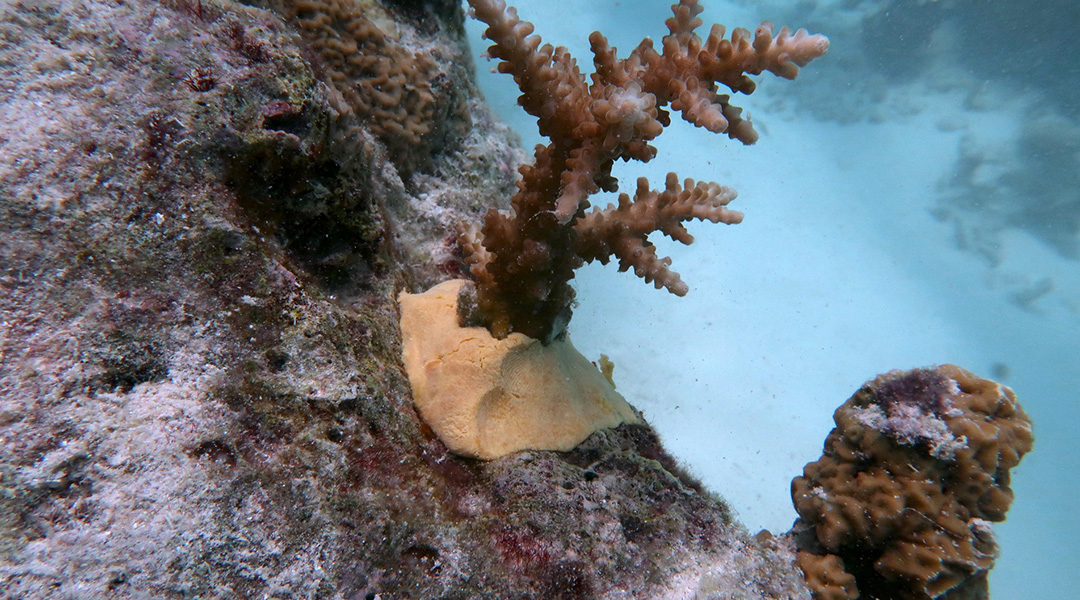
This ocean-safe putty was designed to help seed new coral reefs, offering a much-needed replacement for hardware store products.
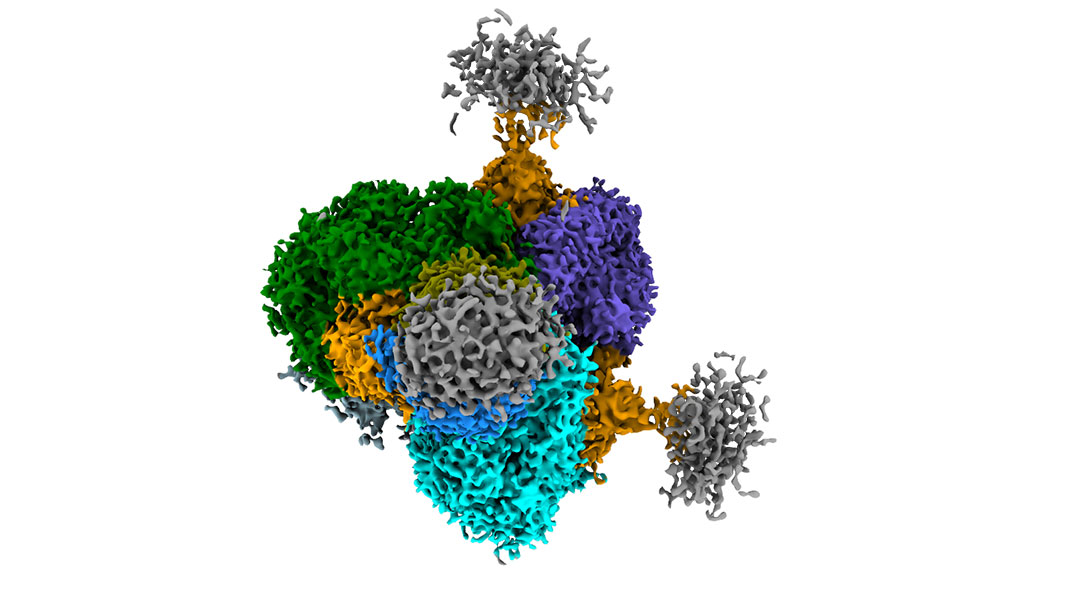
A potent antibody therapy derived from llamas was found to broadly neutralize numerous strains of HIV-1.
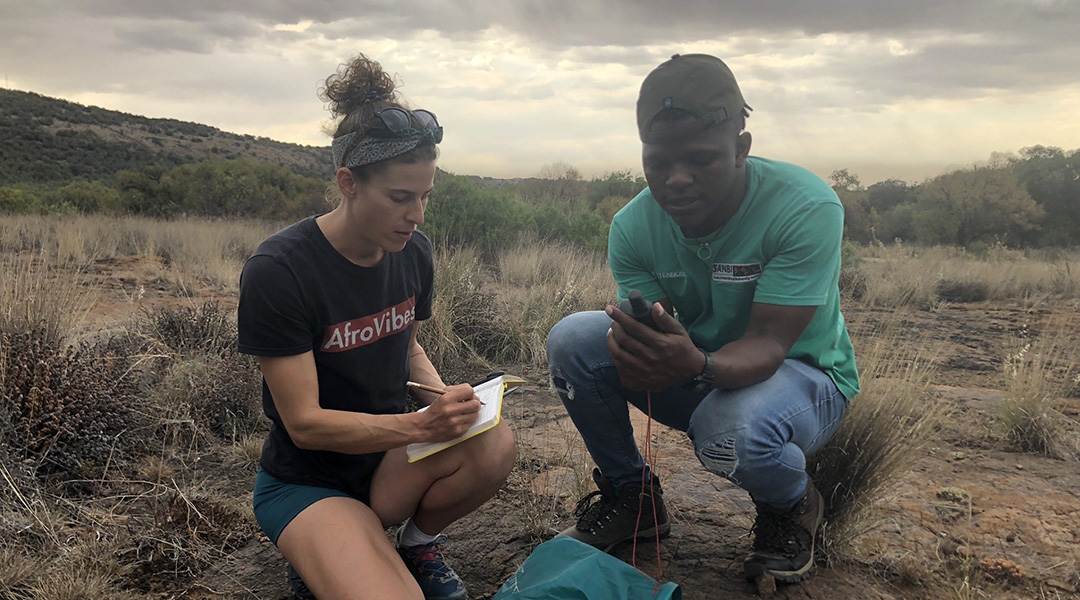
Rose Marks uses her climbing skills in remote regions of South Africa to study how water-deprived plants might help develop drought-tolerant crops.
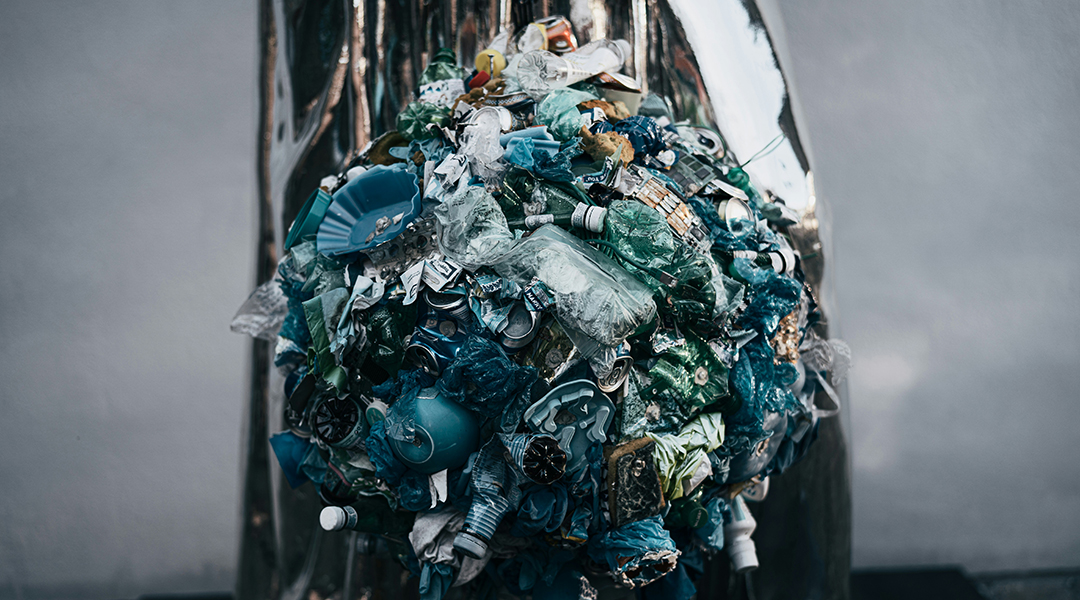
A closed-loop process for making and recycling polycarbonate plastic also captures carbon to reduce waste and cut emissions.
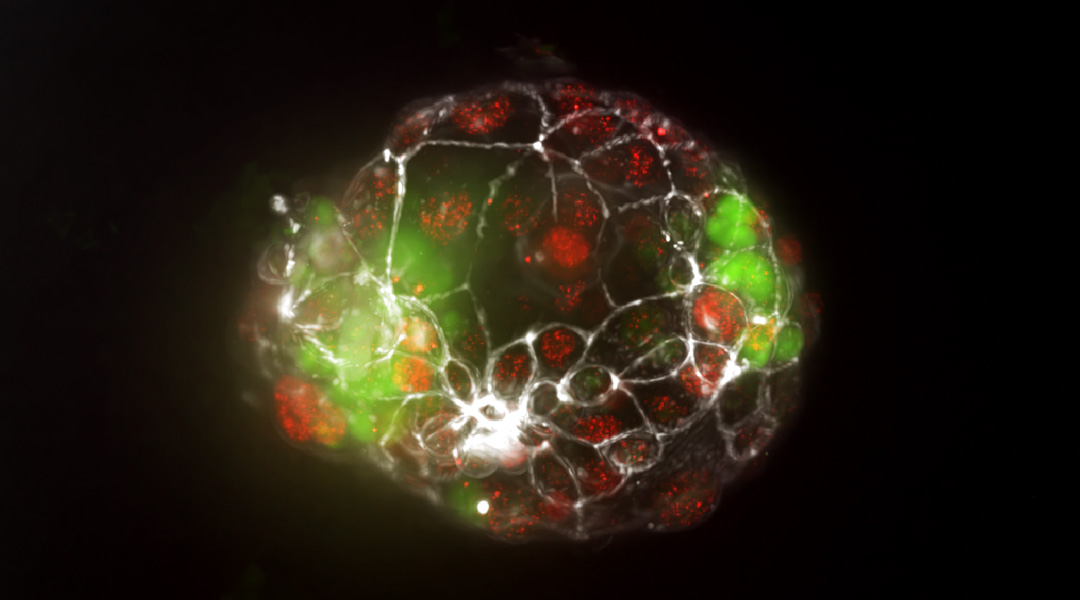
A new organ-on-a-chip model allows researchers to study the splitting of the embryo during pregnancy for the first time.
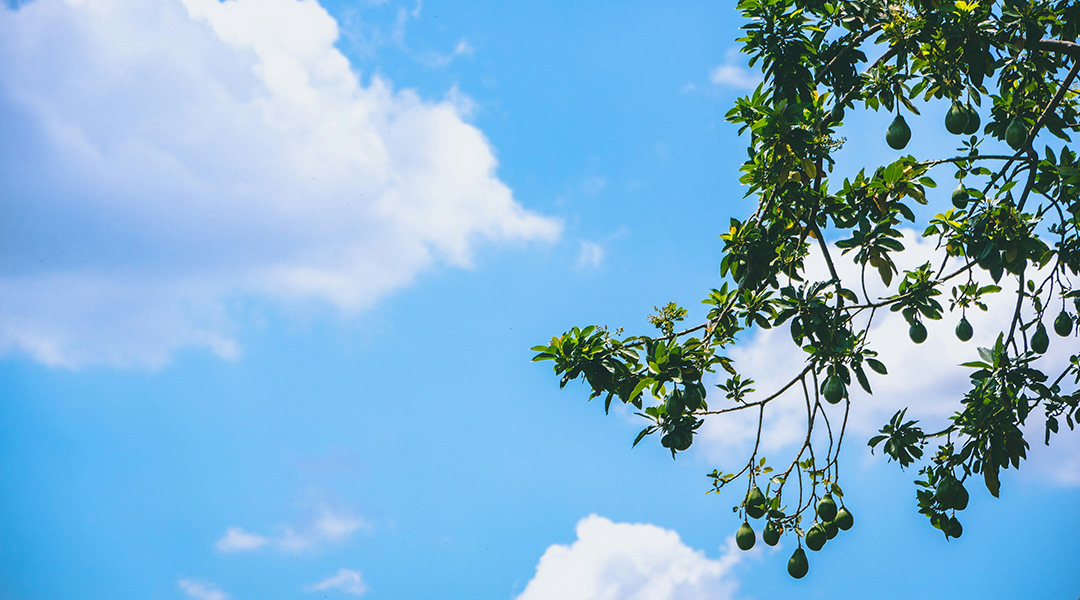
A material derived from avocado pruning waste and bio-polyethylene combines high strength with biodegradability.

A new study finds that amyloid beta, a culprit in Alzheimer’s disease, is important for maintaining a healthy liver.
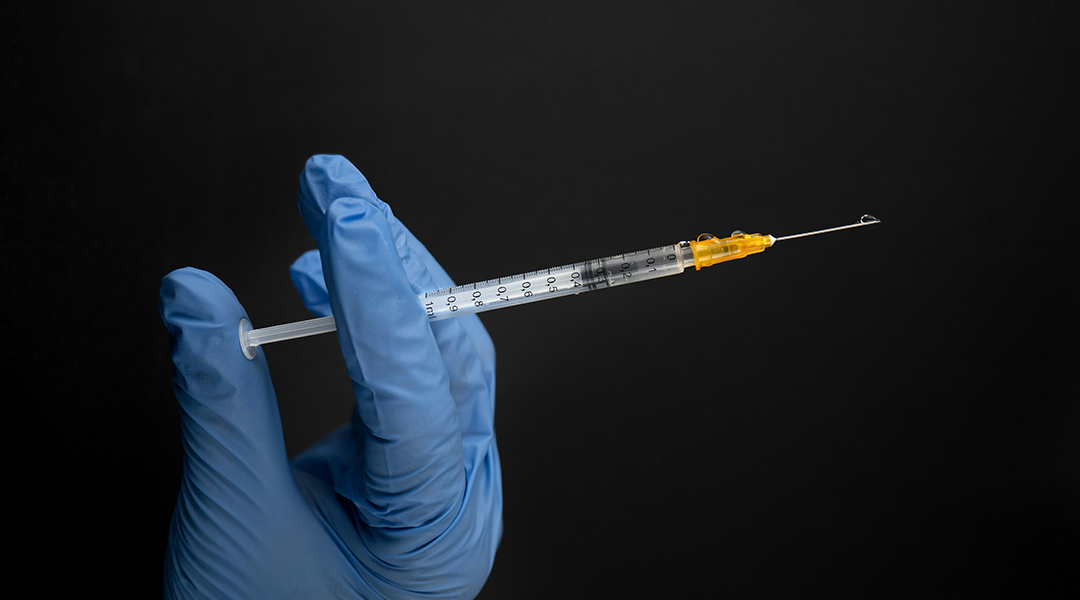
Hydrogel-based microspheres better control the release of drugs, providing better post-op pain relief and fewer side effects.